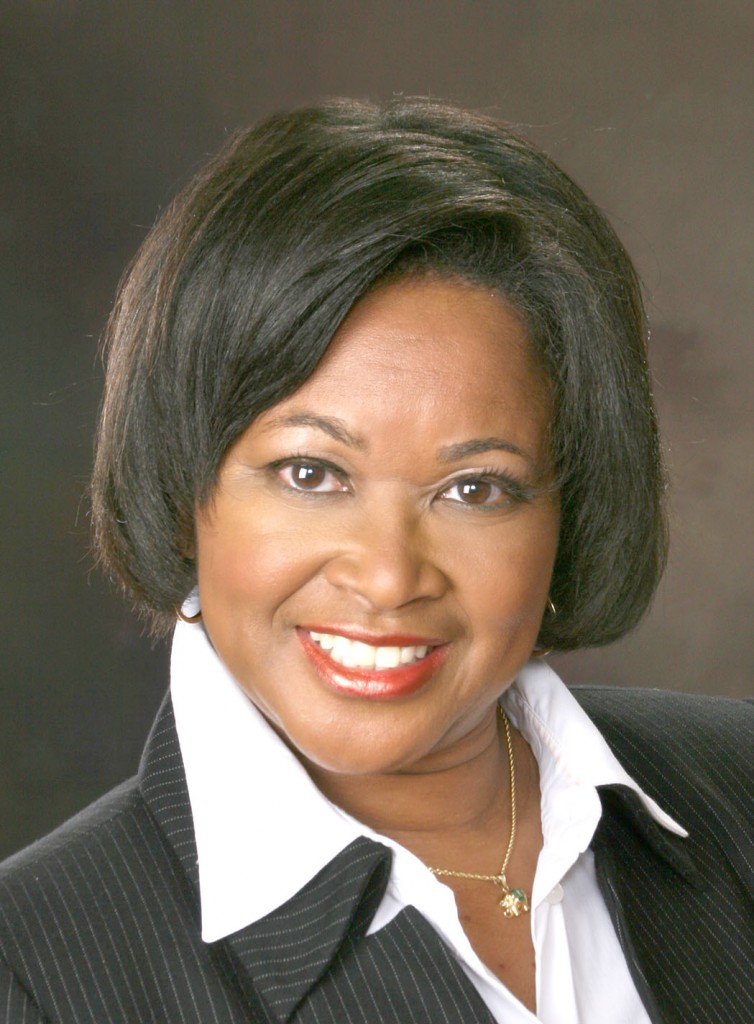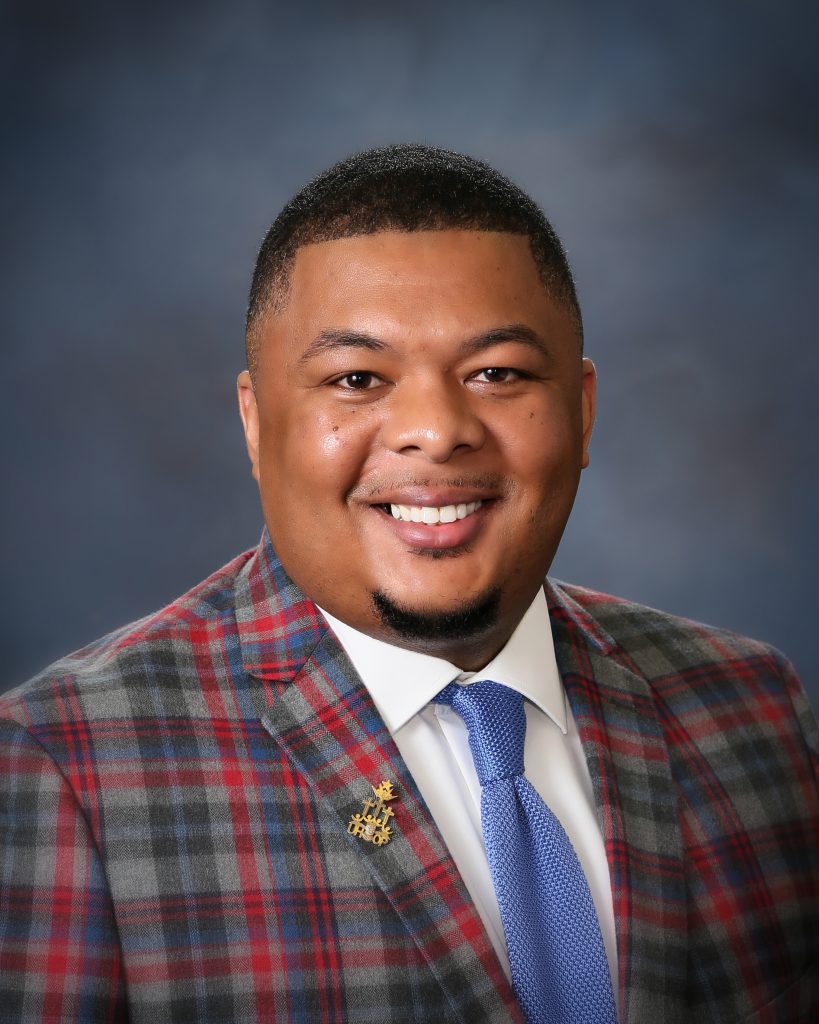
Annie McDaniel 
Neil Robinson
WINNSBORO – In a Facebook post, Rep. Annie McDaniel put the following questions to County government officials regarding the proposed penny tax/wastewater treatment plant. The Voice reached out to County Council Chairman Neil Robinson for answers. Those answers follow McDaniels’ questions.
McDaniel: Can this not wait until after the election?
Robinson: No, the penny sales tax is on the ballot so it has to be discussed before the Nov. 3 election. The closing date for the wastewater treatment plant site is driving the timing.
McDaniel: Where has the money been ’shuffled within Fairfield County’ (referencing a quote by Fairfield County Administrator Jason Taylor that appeared in The Voice’s 8-1-20 story about the wastewater treatment plant: “The way you grow a community is not just by shuffling money around inside the county or town, you need to bring in outside dollars.”)
Robinson: This is a phrase used by Commerce to explain that outside private sector dollars need to come into the county for sustainable growth and success.
McDaniel: Bond are issued, the penny is not raised during this pandemic. Will property taxes increase to pay the bond?
Robinson: No, this will not raise property taxes. The penny tax is proposed to avoid raising property taxes. The penny tax is an alternative funding source.
McDaniel: Share the names of the members on this committee that proposed this project?
Robinson: The purchase of the property was allocated in the 20-21 budget. The full council voted on the project. This was all reported in the newspaper at the time.
McDaniel: I requested but have not received the details. Is it true that you do not share the details because the devil is in the details?
Robinson: The council chairman invited Ms. McDaniel to two meetings, which she attended. The project was discussed at length at those two meetings. Ms. McDaniel was encouraged to ask any and all questions at this meeting. She requested the TY Lynn study be sent to her, which was provided.
McDaniel: Why is this venture good for the county but the teacher village was not?
Robinson: The county council supported the teacher village but the developer backed out. The developer by their own admission was not willing to take on the risk. The developer wanted the county to indemnify the project. By law, the county is not able to do this.
McDaniel: Beautiful project, is the timing right?
Robinson: Yes, although the best timing for this was 15 years ago. Following the crushing blow of SCE&G/Santee Cooper’s failure to complete the two new reactors which were planned to fund the wastewater infrastructure, the county had to alter its plans. We now have willing partners from the state, Blythewood and private developers for the project. We need to continue this growth that we’ve accomplished over the last two years. Without an expansion of sewer, we won’t be able to recruit more industry, create commercial opportunity, or create jobs and residential growth.
McDaniel: Will you share which roads have been repaired with the $5 increase?
Robinson: We’ll be happy to pull the records and share these details.
McDaniel: Venture between Blythewood and Fairfield. How many public hearings were held?
Robinson: The partnership with Blythewood is just a proposal and still in the early process. We hosted an informational webinar meeting Oct. 6, and welcome public input.
McDaniel: Why are we moving so quickly when we are still working on the new admin building?
Robinson: It is common for counties to work on projects concurrently. As you are aware, we have been working on the wastewater treatment plan for about 3-1/2 years as we have, all along, worked on other projects. Previous county councils and administrators have addressed the need for expansion in wastewater treatment capacity. With current private and public partnerships available to us, the plan is now coming together.
McDaniel: Please post all committee minutes, members, budget, total cost, and signed agreements.
Robinson: These have and will be posted as they are finalized.
McDaniel: Was there a penny increase a while back that is unaccounted for?
Robinson: As was publicized, a local options sales tax was passed in 2006. By law, these funds are used to reduce homeowner’s property taxes.
McDaniel: Finally, are we asking for forgiveness later since this project has not been properly vetted throughout the county and raise taxes now?
Robinson: The penny sales tax will be used to pay for the wastewater treatment plant. The need for additional sewer capacity has been known, vetted, and properly researched over the last 10+ years. We are currently nearing sewer capacity. Without an expansion there will soon be no more growth which will limit job growth as well.
McDaniel: Please share the timeliness and funding source.
Robinson: I believe this has been spelled out in council and reported in the newspaper numerous times. The wastewater treatment plant is expected cost approximately $32M and be completed in 3 – 4 years. In addition to potential state funding contributing to the plant’s construction, we expect to pull $5M from county coffers, cover $8-10M with the passage of a new penny sales tax and cover the rest with revenue generated by end users.











